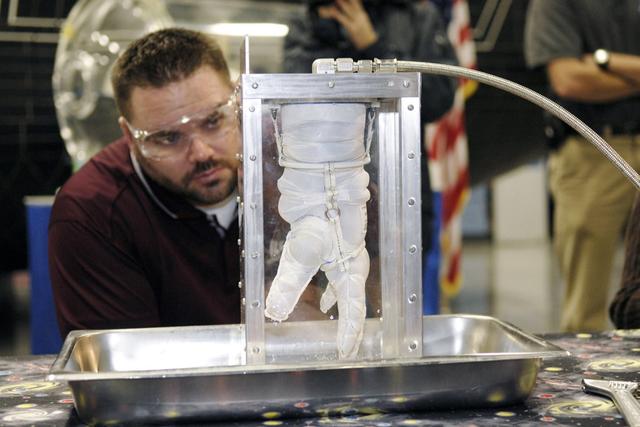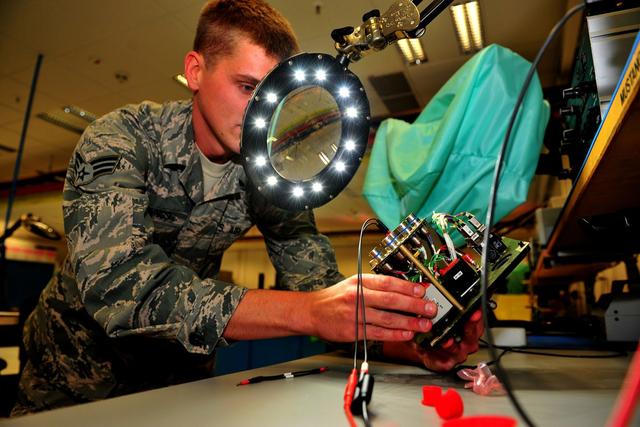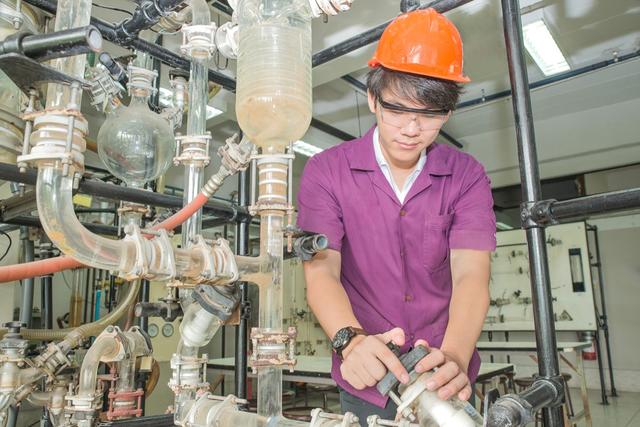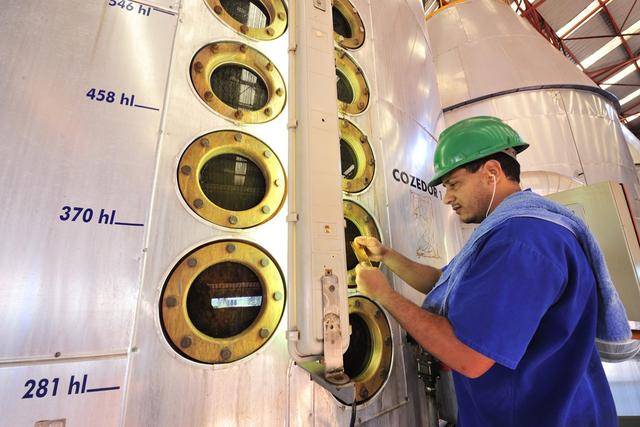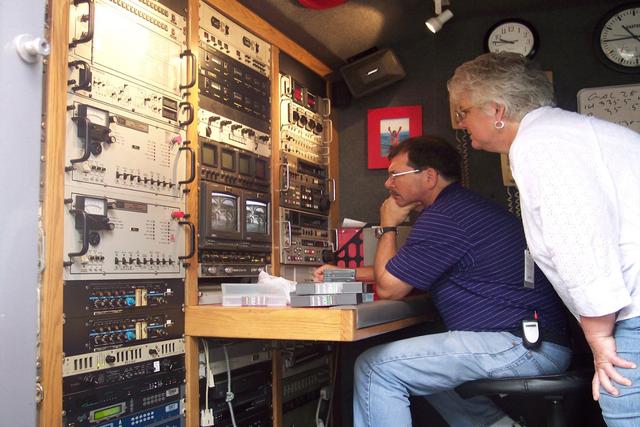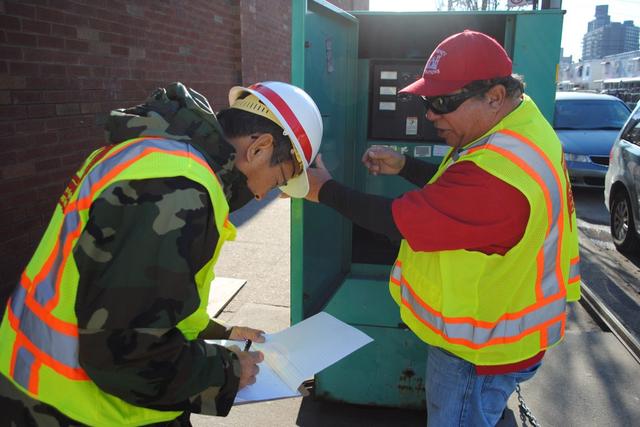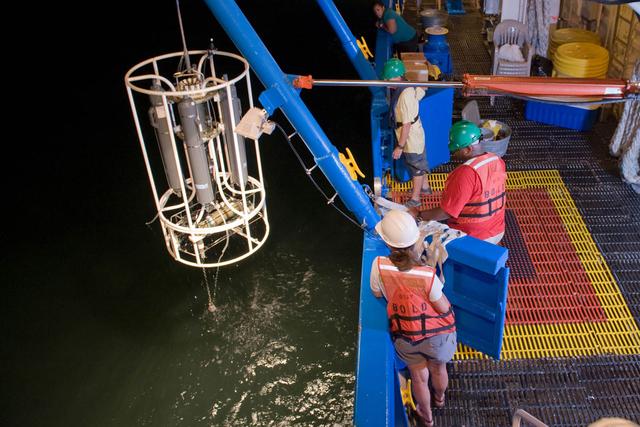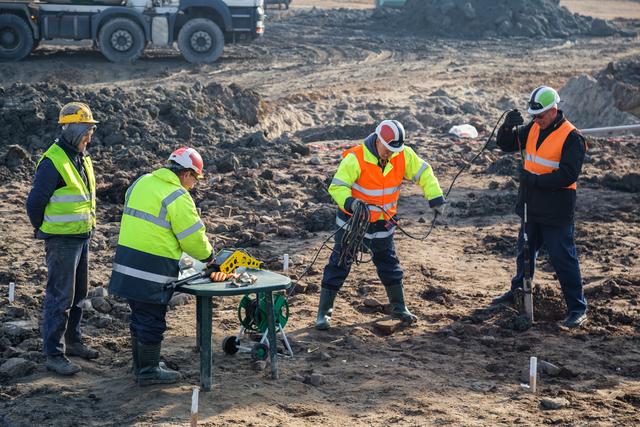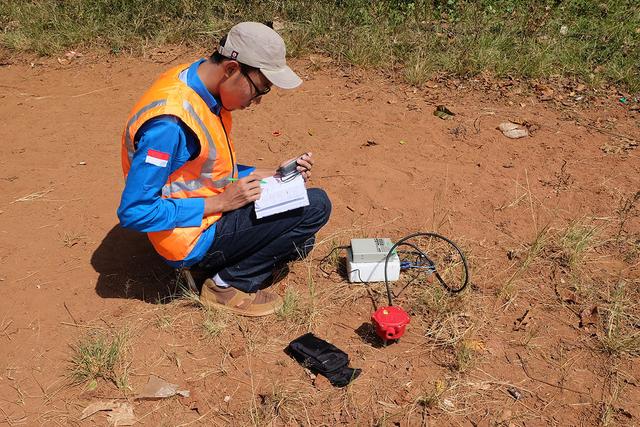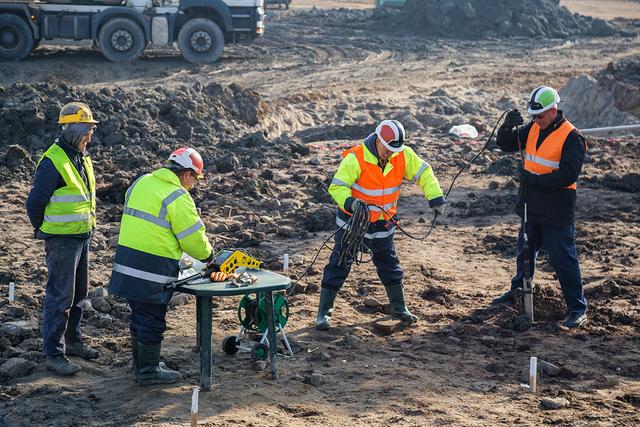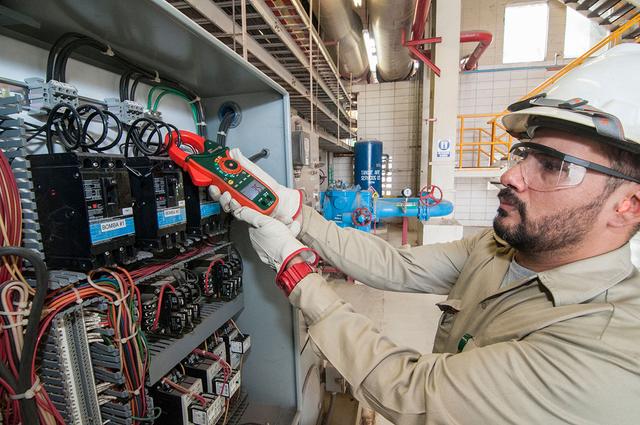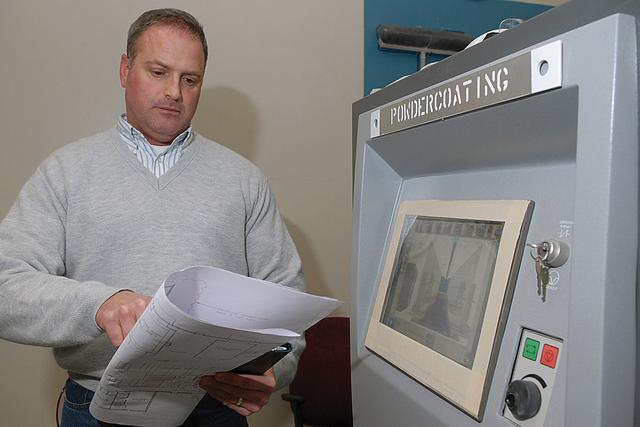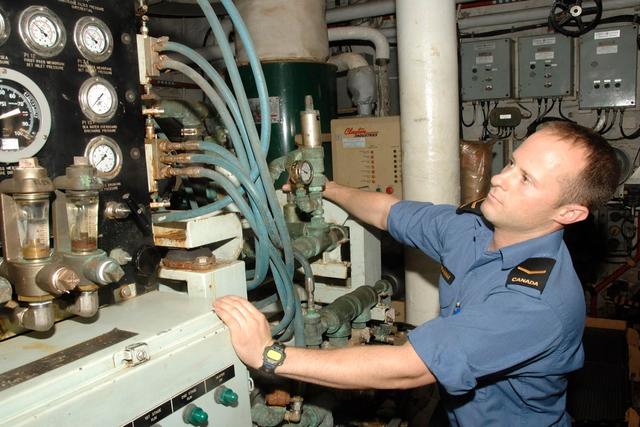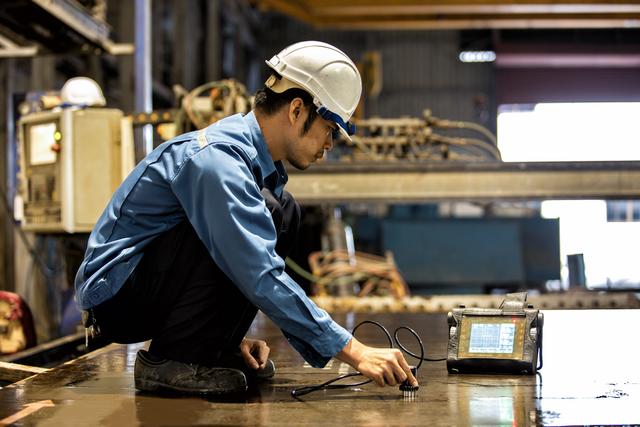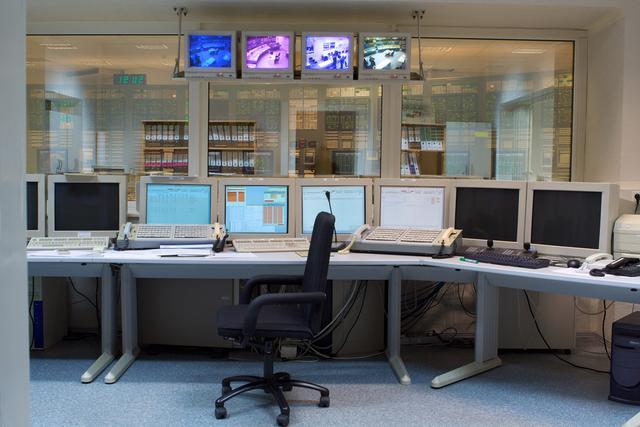Fuel Cell Engineers
Overview

Introduction
Fuel cell engineers design, study, modify, and build fuel cell components, and work closely with fuel cell technicians who provide support on fuel cell projects. They use various analytical instruments and electromechanical diagnostics to conduct fuel cell testing on systems for transportation, stationary, or portable applications.
Quick Facts
Median Salary
Employment Prospects
Minimum Education Level
Experience
Skills
Personality Traits
Earnings
Earnings for fuel cell engineers earned average salaries of $96,666 in 2024, according to ZipRecruiter.com. The U.S. Department of Labor does not provide salary information for fuel cell technology workers. It does provide salary data for mechanical engineers, who had median earnings of $99,510 in May 2023. The lowest 10 percent earned $64,560 and the top 10 percent earned $157,470 or more. Tho...
Work Environment
Fuel cell engineers work in offices, with some travel required at times for meetings, conferences, and workshops. They work 40 or more hours per week, with workdays that may extend into the evening or through the weekend when project deadlines must be met. Fuel cell engineers work independently and as part of a team with other engineers, fuel cell technicians, and other professionals.
Outlook
Employment of fuel cell engineers will grow as more businesses emerge that develop, manufacture, operate, and maintain fuel cells. There will also be opportunities for businesses that produce and deliver the hydrogen and other fuels that are used in fuel cells. The stationary power generation segment of the industry is expected to experience especially strong growth in the near future.
T...


